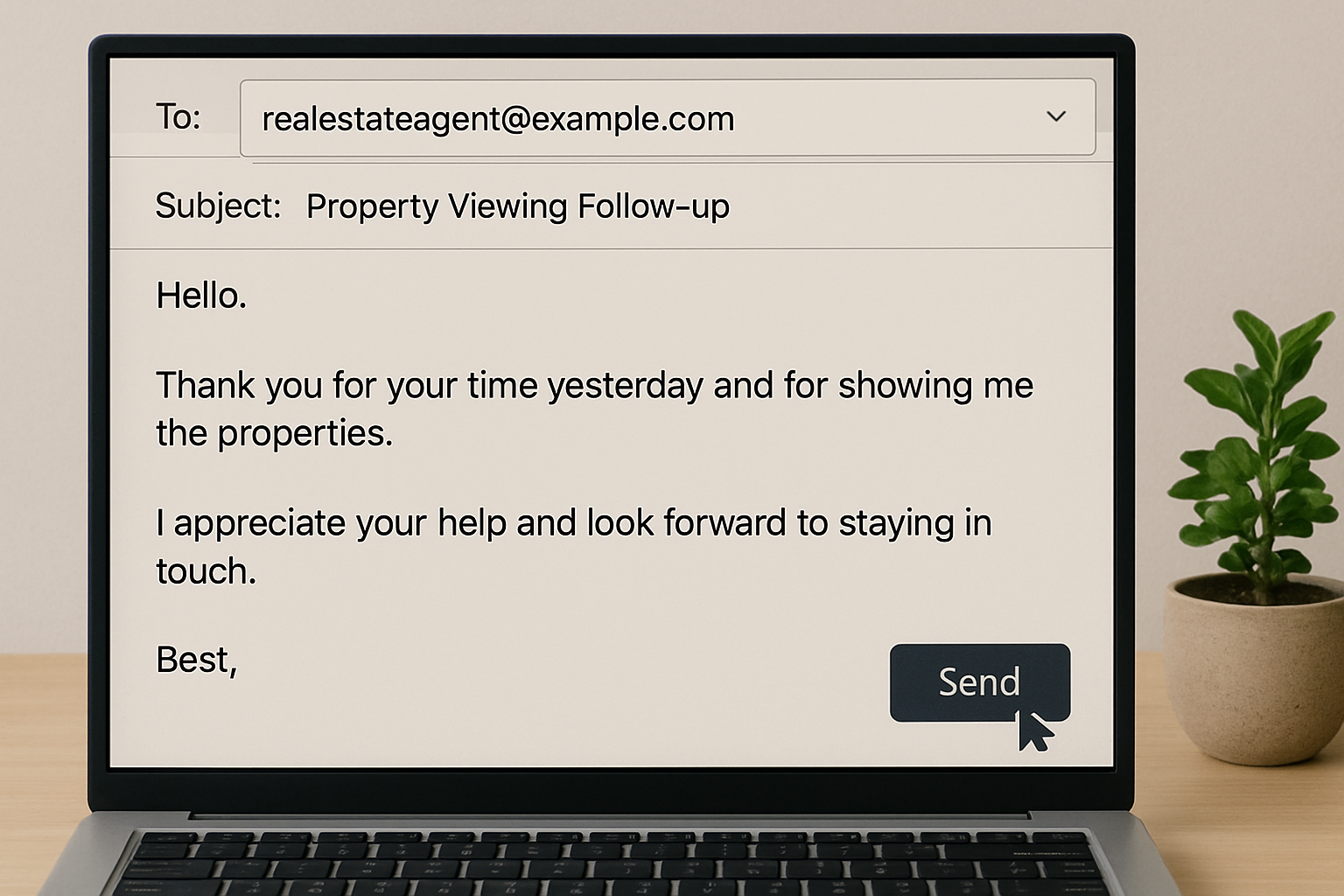What are “foreclosed properties” in real estate? These are properties that are sold through the court by creditors (such as financial institutions) due to default on debts like mortgages. They attract attention because they can be purchased at prices lower than the general market value. In some cases, properties can be acquired at prices as low as 60–70% of the market value, leading some people to expect to find bargains. However, it is also a fact that purchasing foreclosed properties comes with various risks not typically associated with regular real estate transactions. This article explains the advantages and disadvantages of purchasing auction properties, the risks you are likely to face, and strategies to avoid those risks, targeting real estate beginners. In conclusion, we clearly state that purchasing auction properties is highly challenging for beginners and is generally not recommended.
Advantages of purchasing auction properties
Purchasing auction properties offers the following advantages not found in general real estate transactions.
- Lower prices – The biggest advantage of auction properties is that they can be purchased at a discounted price. It is said that they can be purchased at approximately 20–30% below market price, offering an opportunity to acquire a property even with a limited budget. This is because the risks unique to auctions, such as “no property viewing” and “no obligation to deliver,” are factored into the price and set at a lower level (auction market adjustment). In other words, the lower price is achieved as compensation for assuming these risks.
- Wide variety of property options – Since properties are sold fairly through the court system, a diverse range of properties that are not typically available on the open market are put up for auction. For example, you may come across properties such as land with unique shapes, extremely small plots of land, rural farmland, or entire apartment buildings, which are difficult to find in the general real estate market. The ability to acquire unique properties at affordable prices that align with your specific needs (e.g., rental management or storage space) is a unique advantage of auction properties.
- Relatively simple procedures – In typical real estate transactions, buyers and sellers negotiate contracts, and complex processes such as property registration by a judicial scrivener and payment of brokerage fees are required. In contrast, with auction properties, the court handles the necessary legal procedures (such as transferring ownership and removing liens), reducing the buyer's administrative burden. Generally, you submit the required documents within a specified period, pay the deposit, and after winning the bid, pay the remaining balance to complete the transaction. This eliminates the need for tedious contract negotiations or procedures through a real estate company. Additionally, no brokerage fees are incurred, leading to cost savings.
As described above, auction properties appear attractive at first glance due to their low prices, wide variety, and simple procedures. However, it is important to note that these advantages come with corresponding risks and disadvantages. Next, we will examine the unique disadvantages of auction properties.
Disadvantages of purchasing auction properties
There are several major disadvantages and risks associated with purchasing auction properties. These points can be particularly challenging for beginners, so we will examine each one in detail.
- Insufficient property inspections and information gathering – In principle, it is not possible to inspect the interior of auction properties in advance. Information about the property is limited to the “three-point set” of documents prepared by the court (property details, current condition report, and appraisal report), and photos are limited to a few images. Since it is not possible to see the interior in person, there is a risk of failing to discover hidden defects such as roof leaks or termite damage. Furthermore, even if there are major defects, you cannot request repairs or compensation from the seller or terminate the contract as you would in a regular sale. Due to the limited information available, there is a higher risk of purchasing a property with unforeseen defects.
- No liability for defects (warranty of quality) – As mentioned above, since there is no seller in an auction property transaction, the seller is completely exempt from any liability for defects (warranty of quality) under the sales contract. Even if defects or issues are discovered after delivery, all repair costs and damages are the sole responsibility of the buyer, who is the successful bidder. For example, if repairs are needed due to a roof leak, termite extermination, or plumbing repairs, no one will compensate you. Combined with the inability to inspect the property, the risk of additional expenses after purchase is a significant drawback that beginners should not overlook.
- Difficulty in securing financing (loan utilization) – Payment after winning the bid generally requires the use of one's own funds, and for beginners, preparing a large amount of cash in a short period of time is a significant hurdle. Generally, mortgage loans are not available for the purchase of auction properties, but some financial institutions may offer loan plans specifically for auction properties. However, it is difficult to apply for a loan from a bank before the auction property is finalized, and the unclear condition of the property is also a deterrent, leading financial institutions to be reluctant to provide loans for auction properties. As a result, there is a risk that the remaining balance due within a few weeks to one month after winning the bid cannot be paid on time, resulting in the contract being canceled (forfeiture of the deposit) despite winning the bid. In some cases, individuals may be forced to take out high-interest loans due to financial pressure, making financial risk management particularly challenging for beginners.
- The effort and uncertainty of bidding – Auction sales have a fixed bidding deadline, requiring bidders to gather information and determine their bid price within a limited timeframe (typically 1–3 weeks). For beginners, it is not easy to assess the appropriate price within such a short period, creating significant time pressure. Additionally, even after investing significant effort in preparing a bid, there is no guarantee of success if a competitor offers a higher price, resulting in wasted effort. This aspect—that effort does not always guarantee results—is a unique drawback of auctions not found in typical real estate purchases.
As outlined above, purchasing auction properties requires advanced knowledge, thorough preparation, and a willingness to accept risks. Now, how can beginners prepare for these risks? In the next chapter, we will explain the challenges that beginners are likely to face and how to avoid them.
Risks that beginners are likely to face and how to avoid them
To appropriately address the risks associated with auction properties, prior preparation and the use of specialized knowledge are key. Below, we summarize the main risks that beginners are likely to encounter and how to avoid them.
Risk (potential issue) Avoidance/countermeasure (preventive measure)
The condition of the property is unclear, and there is a risk of overlooking defects (cannot view the property and risk of hidden defects) Thorough preliminary investigation – Carefully read the documents published by the court (*three-point set*) to understand the property rights and current status. If possible, visit the site to check the exterior and surrounding environment. It is important to confirm the current status with your own eyes, as there may be changes or omissions in the documents. If you have concerns, it is advisable to request a preliminary inspection from an architect or specialist to receive advice on the presence of any major defects.
Dispossession of occupants and disposal of abandoned property (occupants refusing to vacate, items left behind by previous owners, etc.) Preparation of legal procedures – Review the property details to confirm the presence of occupants and the status of any leasehold rights. If there are occupants, research in advance the procedures for filing a request for a transfer order and compulsory execution that will be necessary after the auction. In practice, it is advisable to consult with a professional such as a lawyer or judicial scrivener to ensure that the necessary procedures are followed for a smooth handover. Additionally, in case there are a large number of abandoned items, it is advisable to consider hiring a specialized waste disposal company or researching the legal procedures for disposal.
Inadequate financial planning (inability to pay after winning the bid) (Difficulty securing funds due to inability to obtain a loan) Pre-auction financial preparation and loan consultation – Since auction properties require immediate payment of the winning bid, it is important to clearly determine the amount you can cover with your own funds before bidding. Research financial options that may be available to you. For example, some financial institutions offer loans specifically for auction properties or bridge loans. It is important to consult with a financial institution in advance to confirm the availability and terms of such loans. If you are still unsure about your finances, it is important to have the courage to reconsider participating in the auction.
Concerns about procedures (complex bidding and contract processes) (risk of incomplete documents or procedural errors) Utilizing experts or agency services – Beginners who are unsure about the procedures can utilize real estate companies with expertise in auction support or auction agency services. These professionals can assist with preparing and submitting bidding documents, as well as handling various procedures after winning the bid, helping to prevent mistakes and ensure a smooth process. While there are costs involved, it is worth considering as a risk mitigation strategy. Additionally, consulting with experts to explore safer alternatives, such as public auctions, and seeking out lower-risk options is another viable approach.
While implementing the measures outlined above can help mitigate risks to some extent, it is important to remember that auction properties are inherently transactions with a very broad scope of “self-responsibility.” Especially for beginners, it is crucial not to overlook the possibility of unforeseen issues arising despite thorough preparation.
Conclusion: Why auction properties are not recommended for beginners
As discussed above, purchasing auction properties involves unique advantages and disadvantages not found in typical real estate transactions. While the low prices and wide range of options are appealing, they come with numerous risk factors such as unclear property conditions, legal procedure burdens, and funding difficulties. Addressing these risks requires specialized knowledge and experience, and it is not something to undertake lightly without sufficient knowledge and preparation. For beginners, unexpected repair costs for defects or the effort required for eviction negotiations can result in burdens exceeding initial expectations, leading to the risk of “buying cheap and losing money” in the end.
For the reasons outlined above, the purchase of auction properties is generally not recommended for real estate beginners. Auction properties are inherently intended for advanced investors with expertise in real estate investment and transactions, and entering this field without the necessary knowledge and risk management skills is extremely dangerous. Even if you are determined to pursue an auction purchase, we strongly recommend thoroughly researching the subject, seeking support from a trusted professional, and proceeding with caution.
Summary (Importance of Careful Decision-Making)
We have explained the advantages, disadvantages, and risk mitigation strategies of purchasing auction properties from the perspective of real estate beginners. While the appeal of acquiring real estate at a price lower than the market rate is undeniable, it is essential to recognize that this comes with significant risks and personal responsibility. Especially for beginners, it is crucial to exercise caution and objectively assess whether the property is truly manageable for you, rather than being tempted by the initial low price.
Real estate purchase is one of the most significant financial decisions in life, and a single misjudgment could lead to substantial losses. While auction properties are a challenging option, thorough research and consideration are equally essential even in standard real estate transactions. Careful selection and thorough preparation are the keys to achieving a real estate purchase without regret. Beginners should start with low-risk methods to gain experience, steadily deepen their knowledge, and prioritize safe real estate transactions. This approach will undoubtedly prove valuable when you eventually decide to pursue auction properties in the future.

Daisuke Inazawa
Representative Director of INA&Associates Inc. Based in Osaka, Tokyo, and Kanagawa, he is engaged in real estate sales, leasing, and management. He provides services based on his extensive experience in the real estate industry. Based on the philosophy that “human resources are a company's most important asset,” he places great importance on human resource development. He continues to take on the challenge of creating sustainable corporate value.

.png)













